What Is Dimethicone & Why Is It Used In Skin Care Products?
Decode dimethicone and unveil the secrets of using this ingredient for skin care!
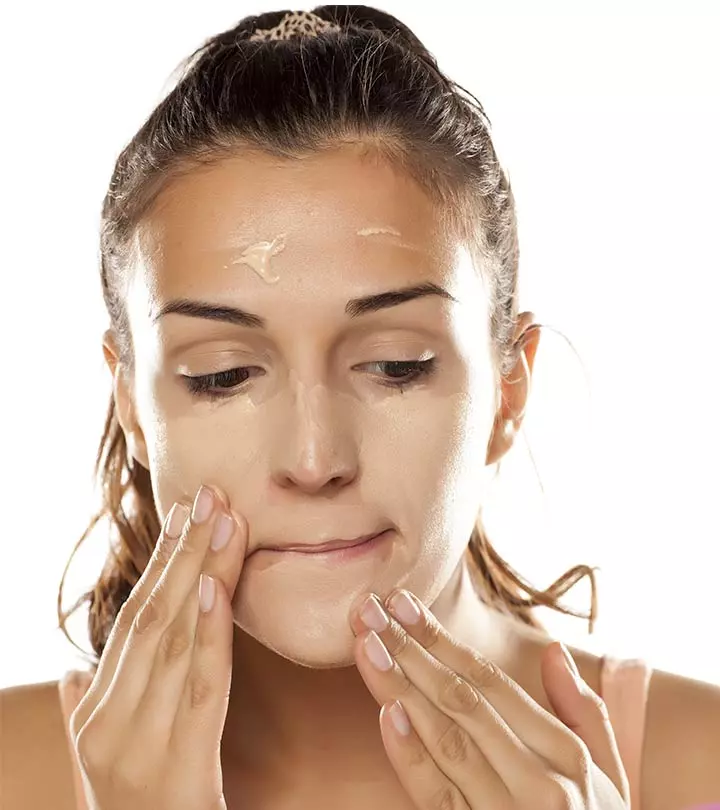
Image: Shutterstock
‘What is dimethicone?’ is one of the questions you probably ask yourself if you go through the ingredients list of a skin care product. This magic ingredient is the reason why a skin care product (be it a primer, a serum, or others) is so effective. It helps fill the pores, cover up fine lines, and provide you with a flawless look. But is it safe to use? In this article, we will explain how dimethicone works, its benefits, and the best products to look for. Read on!
In This Article
What Is Dimethicone?
You have heard of silicone, right? Using silicone for the skin is common, as most skin care products contain one or another type of silicone. Dimethicone is a type of silicone and is widely used in cosmetic products. It is also called polydimethylsiloxane, and it forms a hydrating barrier on your skin and protects it by preventing moisture loss. This ingredient is also used in many creams and ointments to prevent dry, itchy, and scaly skin. It is also used to prevent minor skin irritation and treat head lice.
 Did You Know?
Did You Know?There are several reasons this ingredient is finding a place in almost all skin care and cosmetic products.
Key Takeaways
- Dimethicone is a silicone that forms a protective layer over your skin and prevents moisture loss.
- Many cosmetics contain this ingredient to help fill in pores, hide fine lines, and create a flawless look.
- The FDA has deemed dimethicone safe, although some skin types may experience irritation, dryness, and acne flare-ups.
Why Is It Used In Skin Care And Cosmetic Products?
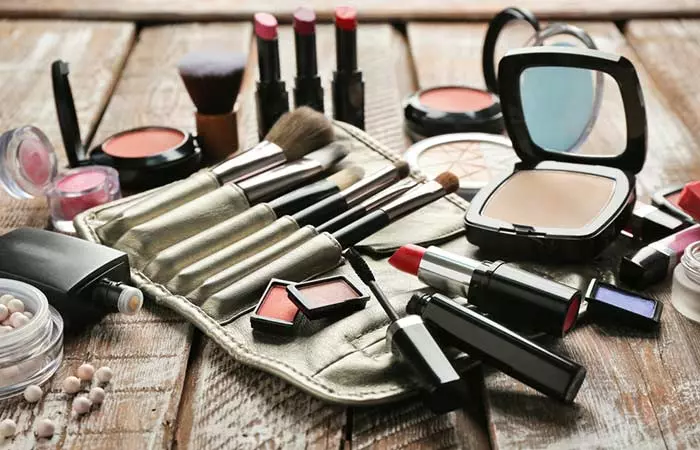
When you apply dimethicone to your skin, it leaves a very subtle gloss-like but mattified finish on your skin. Dimethicone has fluid properties, and that’s why it spreads easily on your skin. It serves specific purposes in cosmetic and skin care products:
1. It Fills Your Skin Pores
Dimethicone is a common ingredient in primers. You need a smoother base for your makeup to sit properly on your skin. And for that, you need a smooth skin texture – this is where dimethicone can help you.
 Quick Tip
Quick Tip2. It Moisturizes Your Skin
It does this without weighing your skin down. It does not feel sticky and greasy yet keeps your skin hydrated. That’s why you will see this ingredient replacing petroleum-based ingredients in skin care products.
3. It Doesn’t Clog Your Pores
The best part about dimethicone is that it is non-comedogenic. It doesn’t clog your skin pores and is hypoallergenic. Hence, it is best suited for acne-prone and sensitive skin (1). Since it doesn’t make your skin feel greasy, even people with oily skin may find it suitable for their skin.
4. It Protects Your Skin
Harsh weather conditions, pollution, and other factors might make your skin dry and affect its natural barrier. Dimethicone protects your skin from all of these factors. The U.S. Food and Drug Administration also approves this ingredient as a “skin protectant” drug (2).
Dimethicone also prevents scarring, soothes your skin especially if you have psoriasis or eczema, and prevents dryness caused by certain acne medications.
That’s an impressive list of benefits. So, is dimethicone safe to use or are there any considerations? Scroll down to find out.
Dimethicone: Is It Safe To Use?
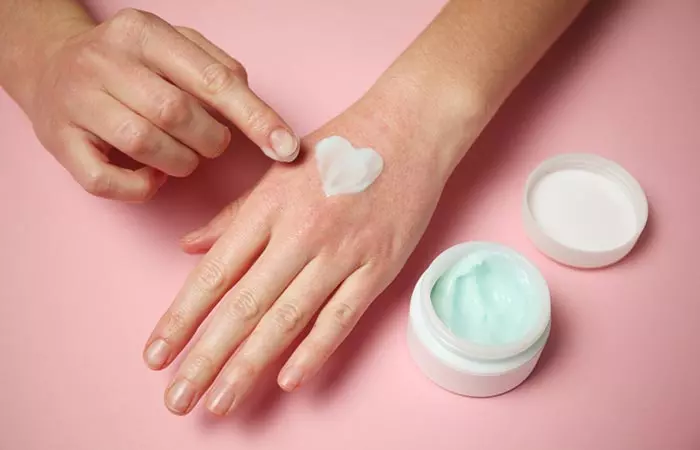
The FDA considers dimethicone safe for use. The Cosmetic Ingredient Review (CIR) expert panel also concluded that dimethicone is a safe ingredient (3).
In most cases, dimethicone is a safe ingredient. However, some skin types may experience irritation. Here are a few areas of concern that you should keep in mind before using any product with dimethicone.
1. It Might Dry Out Your Skin
Just like petroleum jelly, dimethicone can cause dryness. The more you use it, the more it interferes with the natural hydrating process of your skin. Such prolonged exposure often creates product dependency. This means, once you stop using it, the fine lines and wrinkles become noticeable as your skin gets dehydrated.
2. It Might Aggravate Acne
Although it is non-comedogenic, some people might experience breakouts on using dimethicone products. Dimethicone covers your skin and traps moisture. But, along with moisture, it may also trap bacteria, sebum, and other impurities. This might cause blackheads and breakouts. Hence, you should clean your face thoroughly before applying the product.
Dani, the skin care blogger, shares her experience with waking up to persistent oil glands around her eyes. After doing some research, she says, “I discovered that both the primer I used and the eye cream consisted of an ingredient called Dimethicone. Dimethicone is another word for Silicone, which I realized I was obviously allergic too. I was nervous to try out other eye creams and primers, but when I did, I made sure none of the ingredients consisted of Dimethicone, Silicone, or any other fancy name for it. Turns out, I didn’t get an allergic reaction from these new products (i).”
There has been a lot of debate on whether silicone and similar products are good for the skin or not. While research claims them to be safe, we cannot completely ignore anecdotal evidence that states otherwise. Moreover, many people do not like the texture of dimethicone and silicone-based products and the way they feel on the skin. So, if you are one of those people, looking to avoid dimethicone in your routine, you can explore some silicone-free options. Scroll down to learn more!
Silicone-Free Alternatives
There are many natural ingredients that offer similar benefits to dimethicone. Plant-based oils, like jojoba or argan oil, provide moisture without clogging pores. Natural emulsifiers, such as beeswax or shea butter, can help create a smooth texture while being gentle on the skin. These alternatives support a more breathable, skin-friendly routine.
Dimethicone is an ingredient that may or may not work for your skin. This silicone-based product is mostly found in makeup products and a few skin care products. It can make the skin smoother in some people and may cause breakouts in others. If you have been using dimethicone without any issues, there is no need to ditch it. However, if it does not suit your skin, you will find products with silicone alternatives. If you haven’t used dimethicone-based products yet, give them a try, see how your skin feels, and decide.
Frequently Asked Questions
Is dimethicone a carcinogen?
Dimethicone is not a carcinogen. It is considered a safe ingredient in cosmetics. In addition, there are no recorded studies regarding its adverse effects.
Is dimethicone a hormone disruptor?
Dimethicone is not a hormone disruptor. No studies report a link between dimethicone and hormone disruption.
Is dimethicone natural?
No. Dimethicone is a synthetic product.
Does dimethicone cause itching?
Yes. Prolonged exposure to dimethicone can cause itching. It may also cause allergic reactions, rash, and skin and eye irritation.
Discover the benefits of dimethicone in skin care, a compound that forms a protective barrier, keeping in the moisture in dry or mature skin. Learn more by hitting the play button on the video below.
Personal Experience: Source
StyleCraze's articles are interwoven with authentic personal narratives that provide depth and resonance to our content. Below are the sources of the personal accounts referenced in this article.
(i) Be Wary of Dimethiconehttps://alifetimeofskinwars.wordpress.com/2014/10/13/be-wary-of-dimethicone/
References
- “Moisturizers for Acne” The Journal of Clinical and Aesthetic Dermatology, US National Library of Medicine.
- “CFR- Code of Federal Regulations Title 21” U.S. Food & Drug Administration.
- “Safety Assessment of Dimethicone…” CIR Report Data Sheet.
Read full bio of Dr. Vindhya L Veerula
Read full bio of Ramona Sinha
Read full bio of Anjali Sayee
Read full bio of Monomita Chakraborty








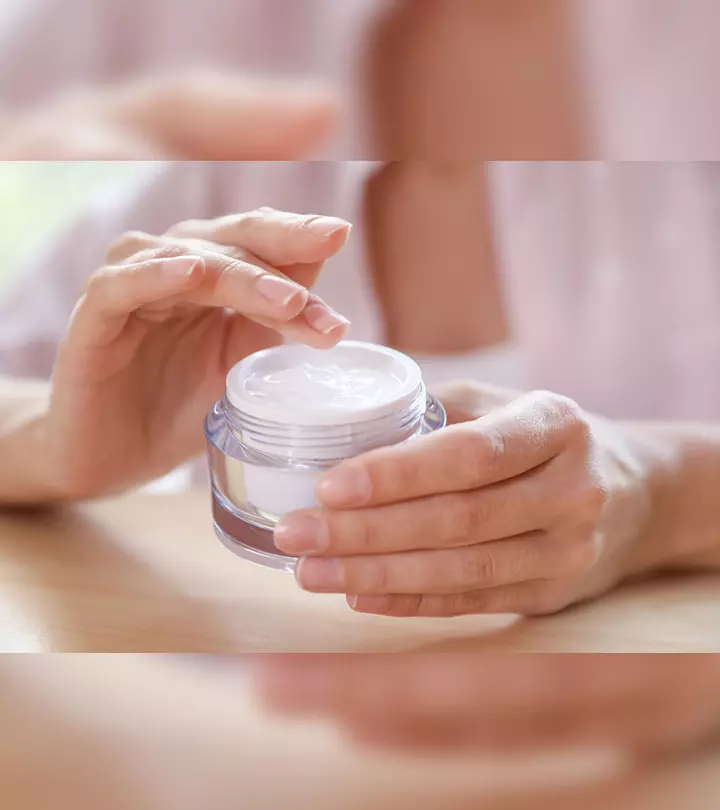
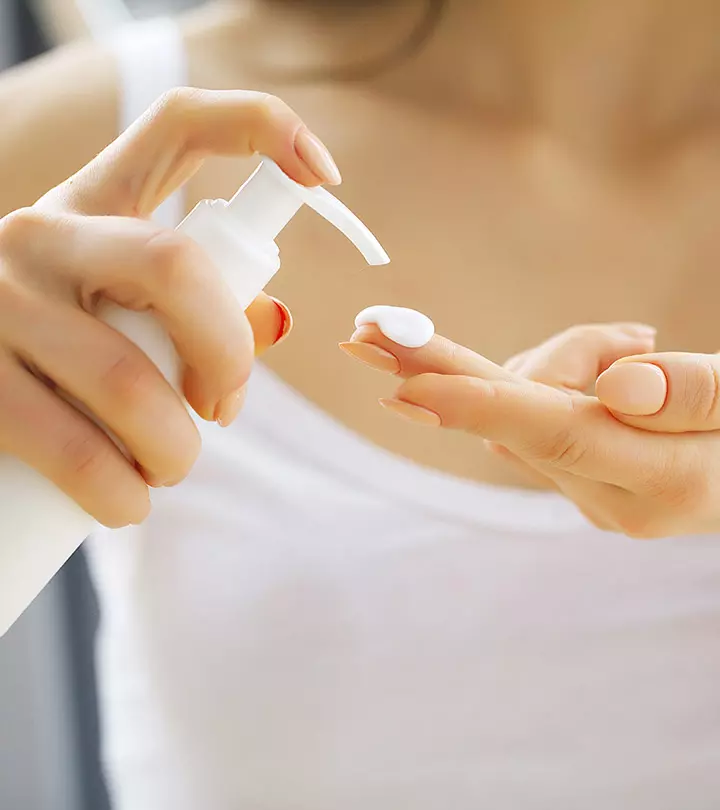
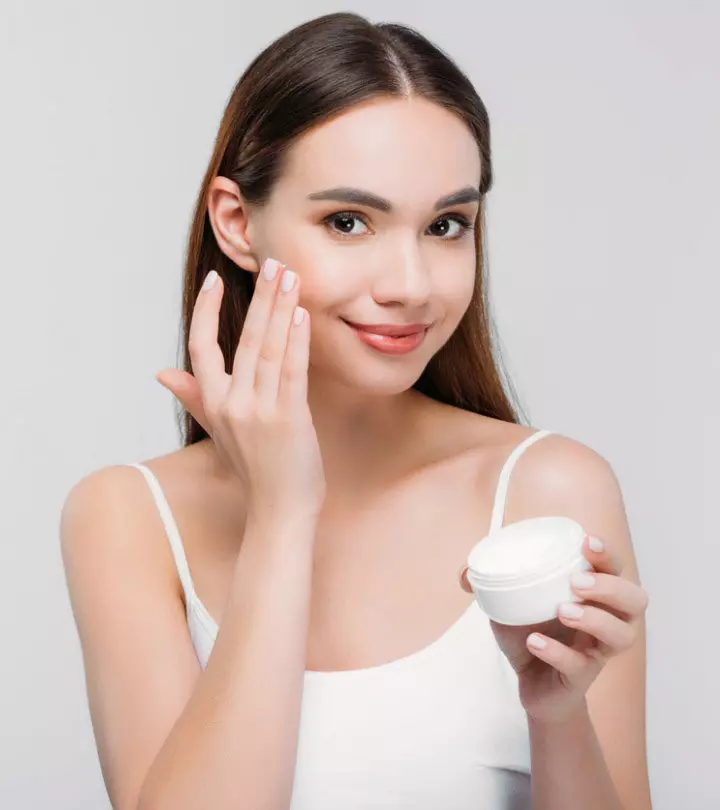
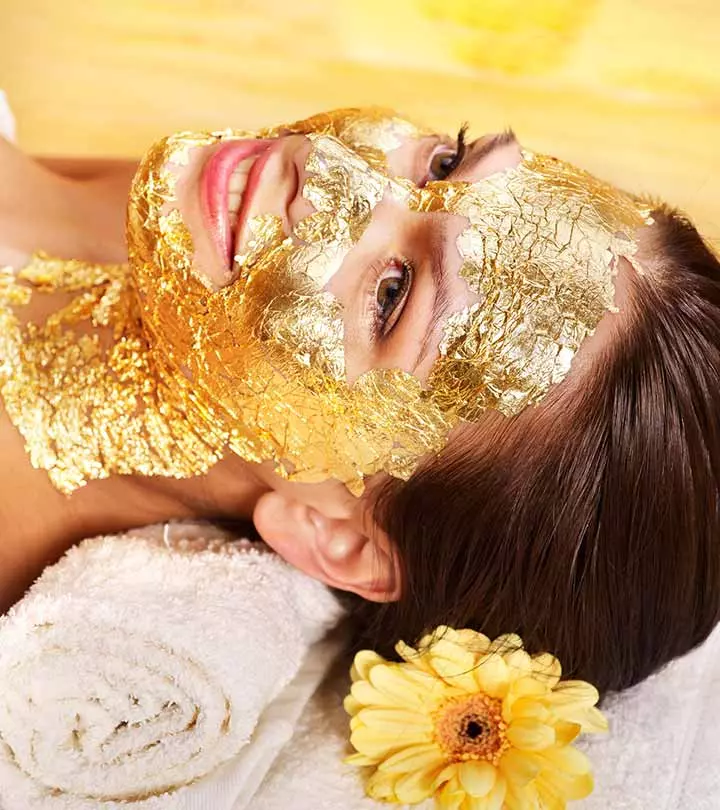
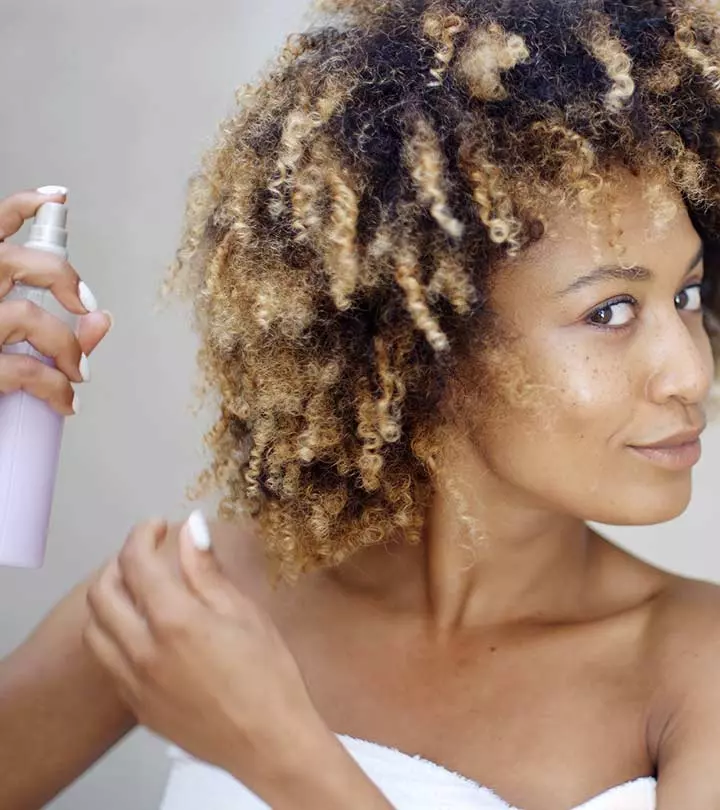
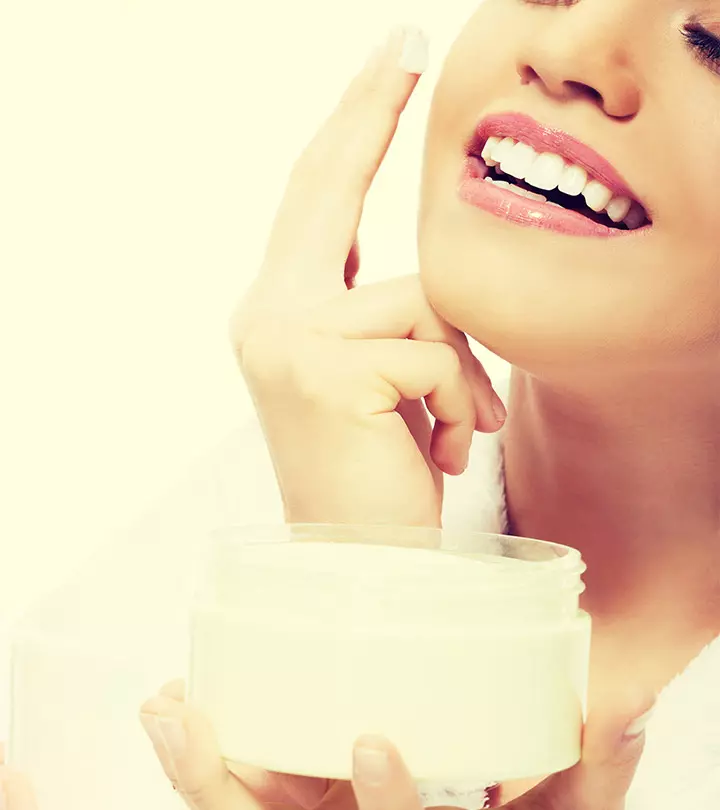

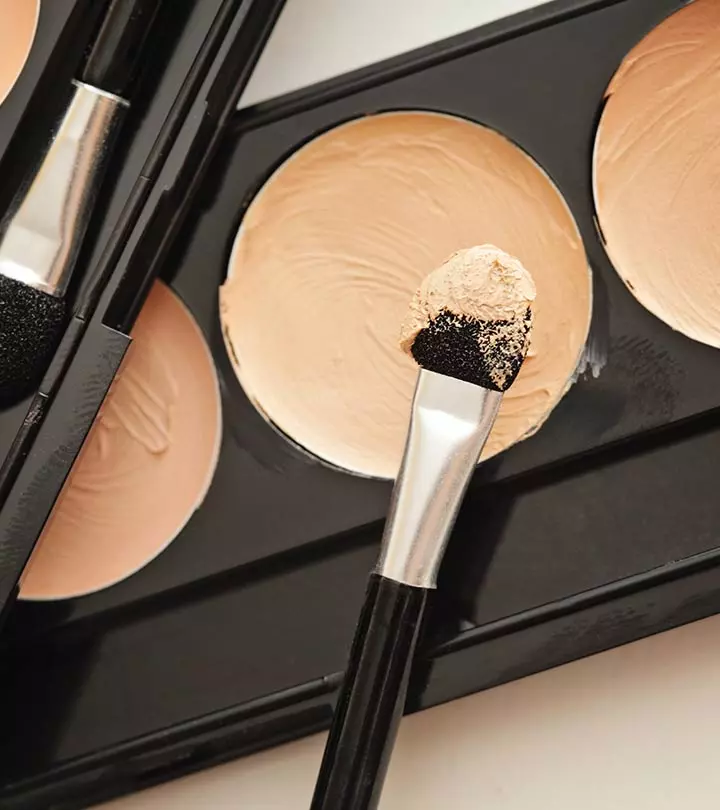
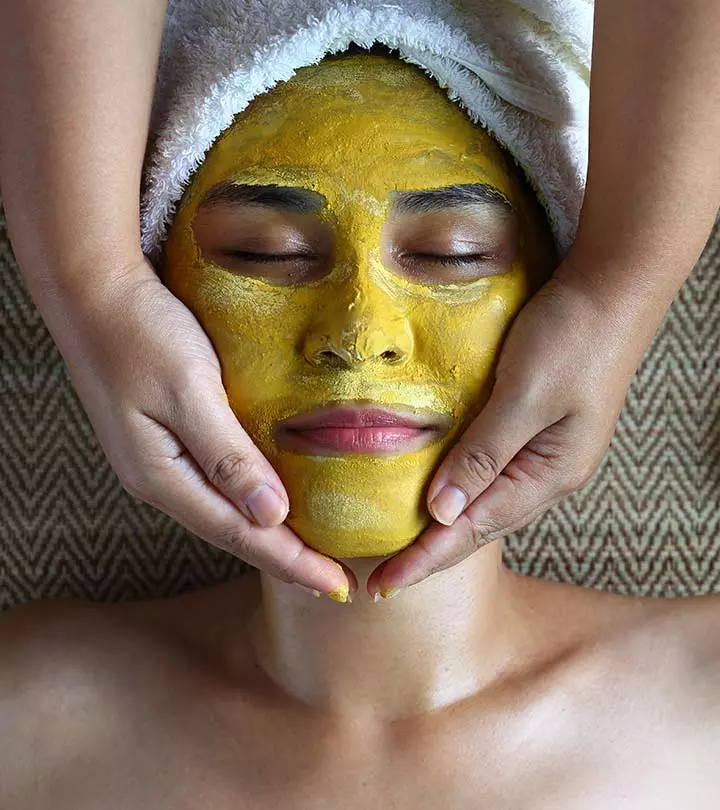


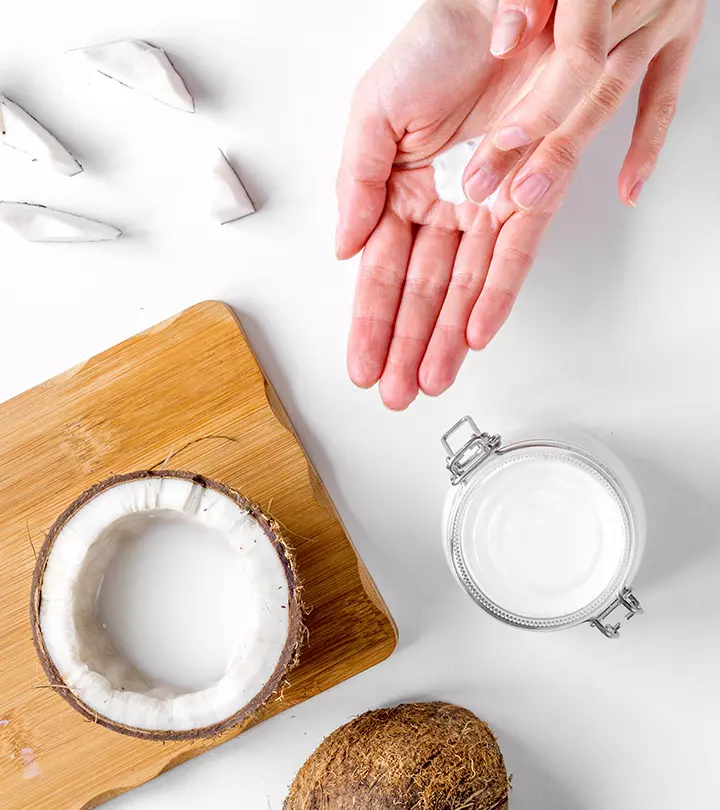


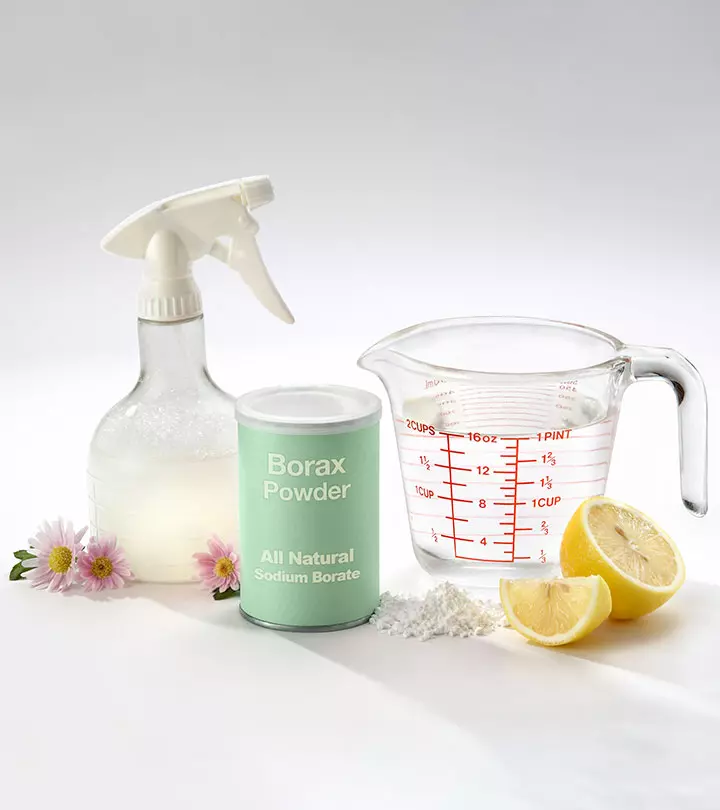
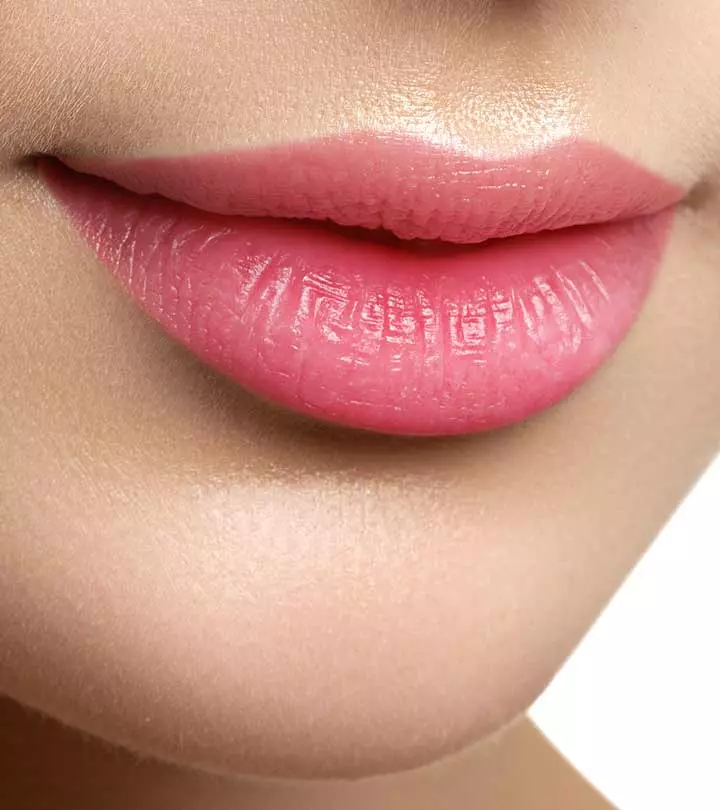

Community Experiences
Join the conversation and become a part of our empowering community! Share your stories, experiences, and insights to connect with other beauty, lifestyle, and health enthusiasts.